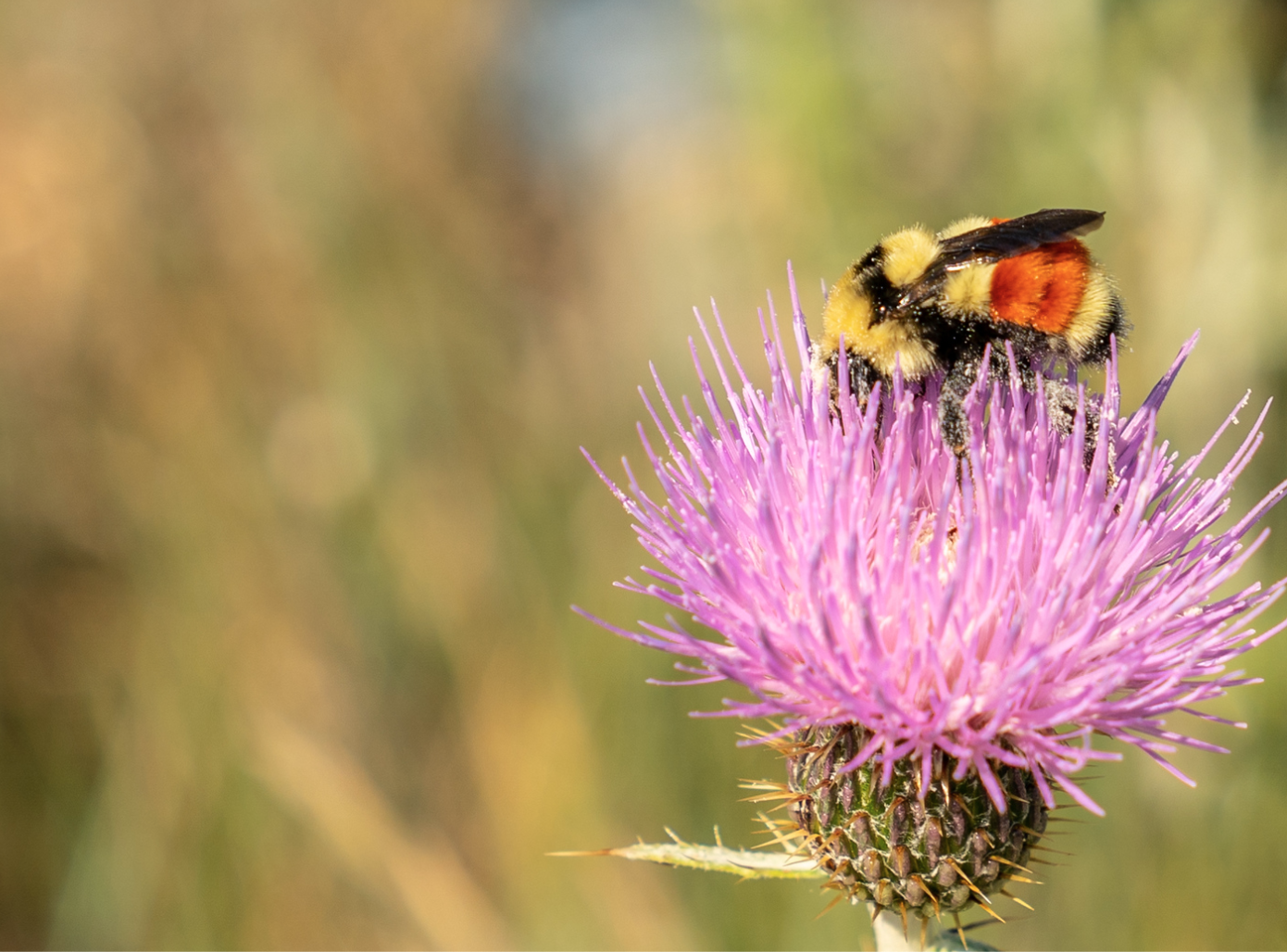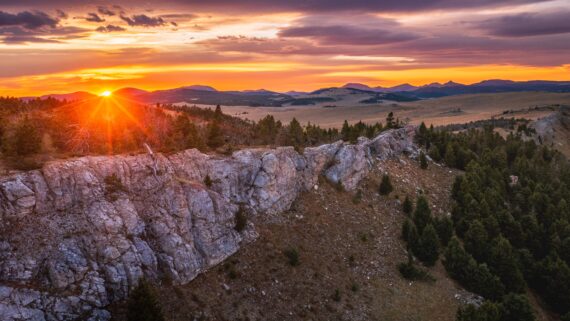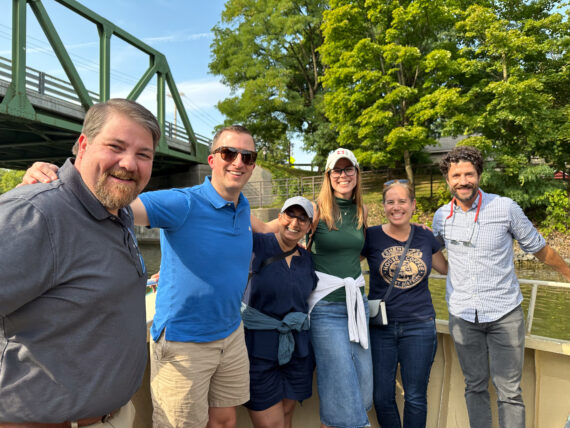Blank Foundation Awards $3 Million Grant to World Wildlife Fund for Northern Great Plains Conservation

The mission of the World Wildlife Fund (WWF) is to conserve nature and reduce the most pressing threats to the diversity of life on earth. WWF works to sustain the natural world for the benefit of people and wildlife, collaborating with partners from local to global levels in nearly 100 countries. The important work being done by WWF closely aligns with the foundation’s Environmental giving area and Land strategy, focusing on accelerating the adoption of climate-smart ranching practices, providing technical assistance to ranchers and protecting grasslands from conversion in Montana.
In May 2024, the Arthur M. Blank Family Foundation awarded a $3 million grant to WWF to support its efforts in preventing grassland conversion, improving grassland management and restoring ecosystem function in the Northern Great Plains (NGP). The grant will enable WWF to expand program offerings, gauge processes and improve infrastructure and educational opportunities related to conservation of grasslands in the Montana portion of the NGP.
The NGP spans more than 180 million acres across five U.S. states and two Canadian provinces. As large as California and Nevada combined, this short- and mixed-grass prairie is one of only four remaining intact temperate grasslands in the world. WWF prioritized work in the NGP because of its relatively intact habitats and high biodiversity. The NGP supports 1,595 species of plants, which provide habitat for more than 500 species of wildlife.
Habitats in the NGP are primarily threatened by conversion to annual row crops. Plowing grasslands and planting row crop agriculture leads to habitat loss, reduced biodiversity and disruption of ecological processes, ultimately threatening the resilience of these ecosystems and their ability to mitigate climate change and securely store carbon in their soils. These climate change impacts are causing changes in precipitation and temperature patterns including more frequent and severe droughts.
Conserving grasslands is essential for maintaining ecological balance and ensuring long-term environmental and economic sustainability. To deal with these on-going threats, WWF works in partnership with ranchers, who own and manage more than 70% of the intact NGP grasslands.
WWF established the Sustainable Ranching Initiative (SRI) in 2011 with the goal of developing long-term partnerships with ranchers, rural communities and landowner-led organizations in the NGP to benefit the grassland ecosystem. SRI works with landowners, rancher-led local organizations, corporations, industry groups, NGOs and government agencies to protect grasslands from conversion to cropland, increase adoption of regenerative grazing practices and restore cropland or degraded lands back to native grasslands.
“Preventing grassland conversion is crucial because grasslands provide essential ecosystem services, including carbon sequestration, water filtration and soil preservation,” said Alexis Bonogofsky, director, Sustainable Ranching Initiative, WWF. “Ranchers and other private land managers in the NGP have to make difficult decisions in an increasingly complex environment, including around topics like changing crop technologies, financial pressures, diversifying consumer dietary preferences and uncertainty about future prices and markets. Even with the best intentions to maintain grassland productivity, the financial bottom line is an ever-present consideration.”
To address these financial challenges, SRI launched the Ranch Systems and Viability Planning (RSVP) Network in 2021 to create a comprehensive support system for ranchers to develop and implement sustainable grazing management plans to achieve ecological improvements at scale and improve financial sustainability for ranching in the region. RSVP is an enrollment-based program that features ranch-wide ecological and biodiversity monitoring; educational opportunities and scholarships; technical assistance for implementing sustainable management practices, including grazing management plans; peer-to-peer learning; and financial support for ranch infrastructure to improve grazing practices.
Since the launch of RSVP, WWF has enrolled more than 1 million acres into the program in partnership with 100 ranches across the NGP, with 52% managed or co-managed by women and 35% by beginning ranchers under the age of 40. These results include 59 Montana ranches covering more than 825,000 acres. WWF has launched the second phase of this work, intending to enroll 2.5 million acres of ranchland by 2030.
Photo credit: Alexis Bonogofsky
Stay Connected
Stay up to date with stories of impact, grants in your neighborhood and other interesting foundation news.
By submitting this form, you are consenting to receive marketing emails from: Arthur M. Blank Family Foundation. You can revoke your consent to receive emails at any time by using the SafeUnsubscribe® link, found at the bottom of every email. Emails are serviced by Constant Contact

















